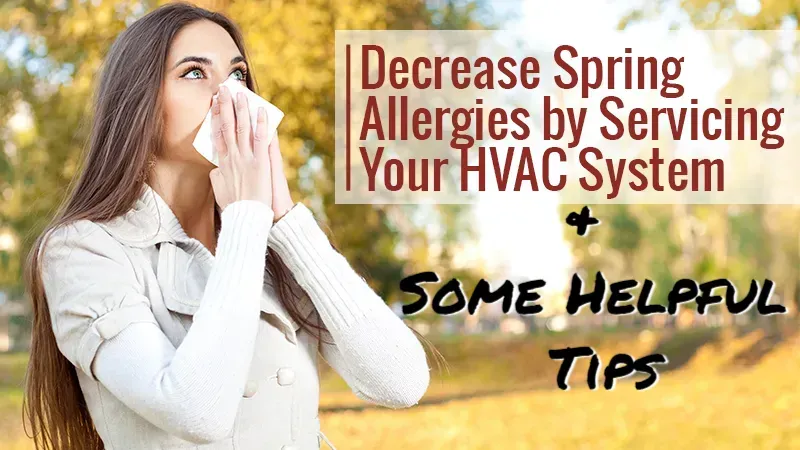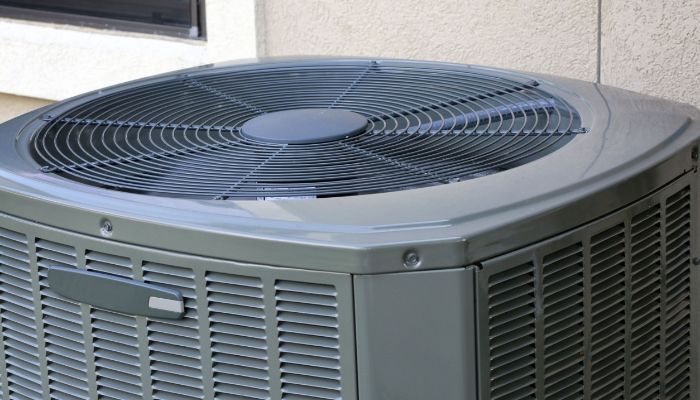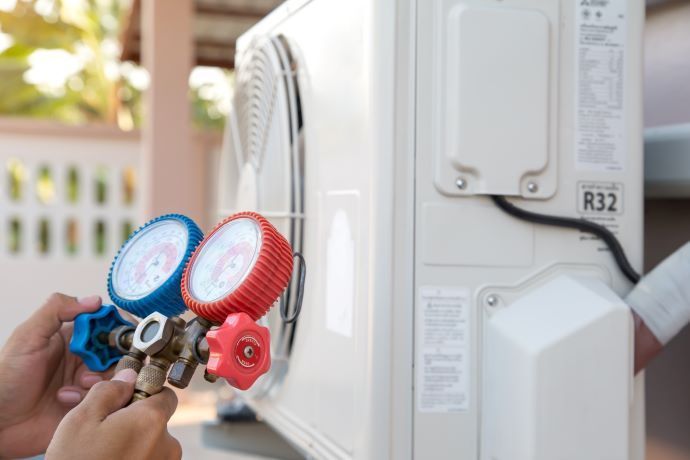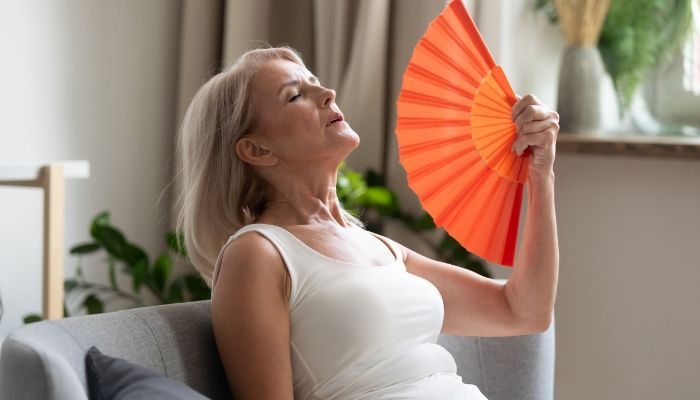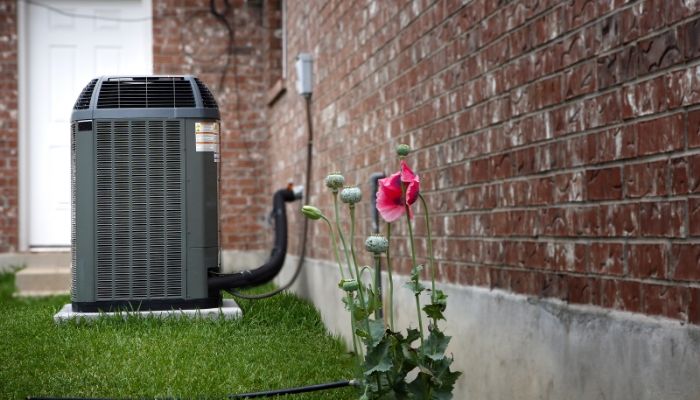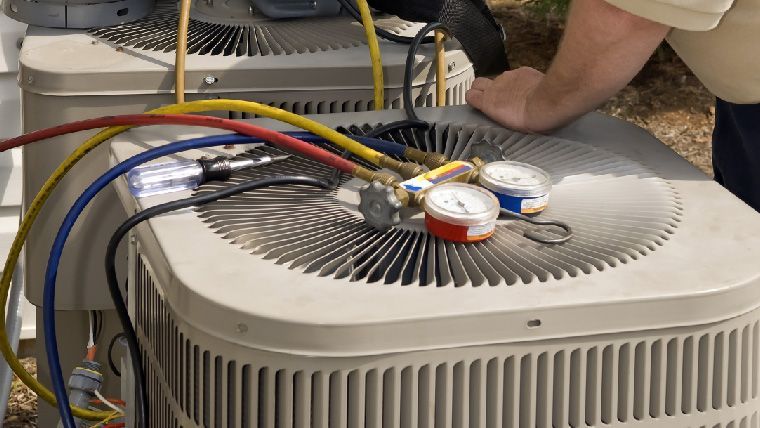Suffering from Spring Allergies?
Asthma & Allergy Prevention Tips
For asthma and allergy sufferers, spring can be downright miserable—especially from the North Carolina pollen we deal with in April. But more than just the sneezing and nose blowing, studies show that ten people die a day from asthma. According to the Asthma and Allergy Foundation of America, about 25 million Americans have asthma and around 50 million suffer from nasal allergies. Allergens and other irritants trigger asthma symptoms.
From stuffy noses and itchy eyes to sinus headaches and sneezes, if you are one of the 50 million Americans who suffer from asthma and seasonal allergies, continue reading.
While pollen is probably the first thing when you think of when you hear the term “seasonal allergies,” other irritants may be causing even more trouble. In addition to pollen from flowers, weeds, grasses, and trees, you also have to worry about dust mites, which thrive in warm, humid climates. Also, don’t forget about all those toxins emitted from cleaning and project supplies.
Common Allergy Symptoms
- Runny Nose
- Mucus
- Sneezing
- Itchy Eyes, Ears, Nose, and Throat
- Congestion
- Red, Teary, Swelling Eyes
Sound familiar?
Ways to Prevent Spring Allergies
Here are some helpful tips to help prevent spring asthma and allergy symptoms:
- Keep windows and doors closed. Make sure you have a properly working ventilation system so your home can maintain healthy indoor air quality.
- Check the outdoor air quality and pollen report before heading outside. Windy mornings and afternoons tend to be the worst for pollen counts. Consider wearing a hat, scarf, and sunglasses when you go out.
- Take a shower before bed. It allows you to wash the allergens off your body and hair after your day and keeping your pillow and linens from collecting the allergens over time.
- Make sure you are using natural, green products whenever cleaning. Look for a “VOC-Free” label or something similar. If you are using any toxic fumes, follow the manufacturer’s instructions and use in a well ventilated area. If you are especially allergic to cleaning products, leave the area whenever cleaning with chemicals were involved.
- Avoid going outside when fertilizers, pesticides, herbicides, or any other chemicals are being applied in your area.
- Keep pets off of the furniture and out of the bedroom. Bathe your dog frequently, especially the really furry ones.
- Remove your shoes before entering the home to prevent tracking in harmful outdoor contaminants. Create a little shoe rack near your entrance and encourage everyone to take their shoes off before they enter. It’s the norm in Japan. Let’s make it a norm here.
- Avoid “scented” products. Scented air fresheners, candles, oils, and other products can often trigger asthma and allergy symptoms.
- When buying furniture, avoid cloth material as much as possible.
- Avoid carpet and use solid flooring instead. Tile, wood, and linoleum are much easier to clean.
- Wash all bed linens in hot water at least once a week. Periodically wash your drapes and curtains.
- Humidity matters! A moist home can attract pests and increase mold and dust mites. It’s important to maintain the right humidity level to prevent property damage, indoor air quality and comfort problems. Learn how whole-home humidification.
- Buy the best air filters you can that will fit in your HVAC system. If you want stronger filtration, such as HEPA, for your heating and air conditioning system, speak with a professional first. Thicker, more effective filters may require professional modifications. Use vacuums with HEPA filtration.
- Drink plenty of water. Studies have shown that dehydrated bodies produce higher levels of histamine, exacerbating allergy symptoms.
- If you cannot solve your spring allergy symptoms on your own, it’s time to make an appointment with a certified allergist and indoor air quality specialist. Sneezing and coughing is one of the most common signs of poor indoor air quality.
For Any more questions or to have an Island Breeze HVAC professional technician visit your house for an inspection of what could be causing allergens in your home, Reach out we would love to help you!
